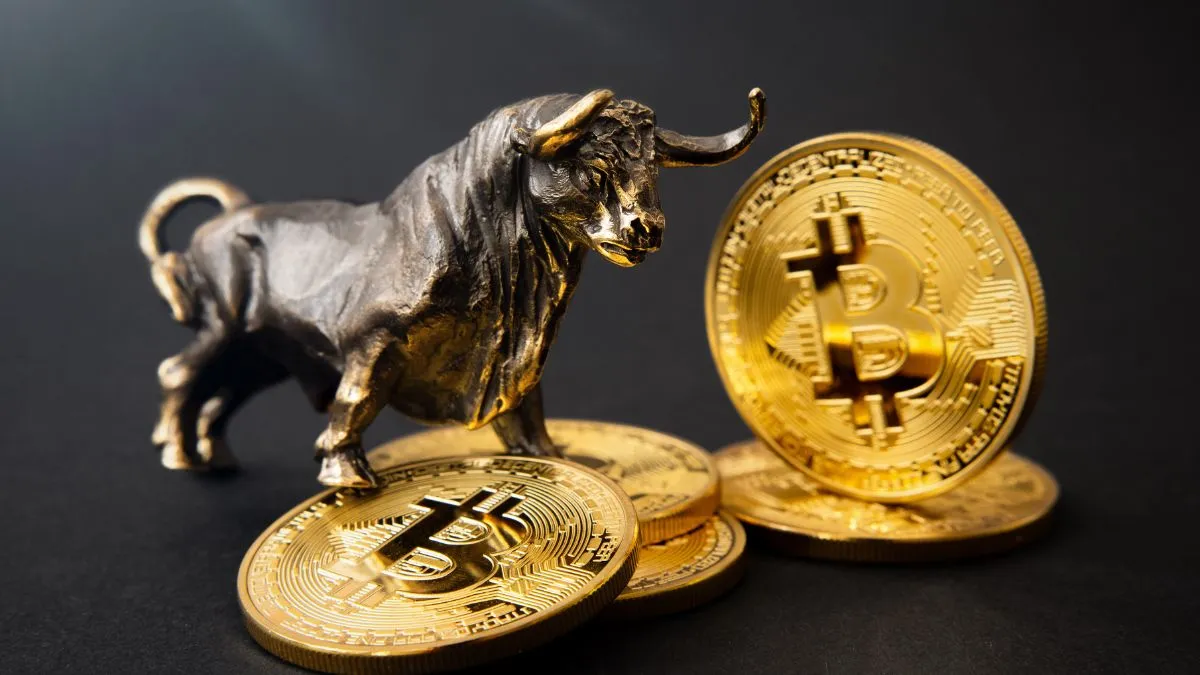The ongoing conversation surrounding the future of monetary reserves and cryptocurrency is gaining momentum, particularly in India. As nations worldwide begin to explore Bitcoin’s potential as a reserve asset, a pressing inquiry arises: Should Indian corporates and the government consider incorporating Bitcoin into their financial strategies?
Global Trends in Bitcoin Reserves
Countries like El Salvador and Bhutan have taken bold steps by allocating portions of their foreign exchange reserves to Bitcoin. El Salvador began purchasing Bitcoin for its treasury in 2021, while Bhutan harnesses its hydroelectric power to mine the cryptocurrency. The U.S. government holds approximately 200,000 Bitcoins seized from various sources, and even Russia is contemplating similar strategies amid geopolitical tensions. This global shift prompts Indian finance leaders to ponder the current and future role of Bitcoin within national reserves.
The State of India’s Foreign Reserves
As of September 27, 2024, India’s total foreign exchange reserves are approximately US$704.89 billion. This substantial figure includes foreign currency assets and gold reserves, aimed primarily at maintaining currency stability, facilitating imports, and servicing external debt obligations. The notion of diversifying these reserves to include cryptocurrency raises questions about India’s financial foresight and adaptability in an evolving global market.
MicroStrategy’s Model: A Case Study
In the corporate sector, companies like MicroStrategy demonstrate the value of embracing Bitcoin. By investing treasury reserves in Bitcoin, MicroStrategy transformed into a quasi-Bitcoin holding entity, significantly increasing its market valuation. From an initial $250 million investment, MicroStrategy now boasts a staggering 568,840 Bitcoins worth over $62 billion. Their strategy offers a compelling narrative for Indian corporations that may be hesitant to adopt similar approaches.
The Role of Corporate Treasuries
Corporate treasuries are responsible for managing liquidity and optimizing capital within businesses. A key aspect of their function involves investing cash reserves in low-risk, liquid assets to ensure funds are readily available. With the increasing awareness of Bitcoin as a viable store of value, Indian corporate leaders must question why they have not yet allocated treasury funds towards this emerging asset.
Learning from Global Examples
One must wonder why major Indian companies have not yet mirrored the strategies adopted by their international counterparts. In a world where finance is increasingly drawn toward digital assets, the reluctance of Indian CFOs and board members to acknowledge Bitcoin’s potential could be a significant oversight. While some Indian firms may still view traditional asset classes as safer, this perspective may hinder their ability to adapt to a transforming economic landscape.
Potential Risks and Rewards
Although adopting Bitcoin as part of a treasury strategy may be associated with significant risk, including volatility in Bitcoin’s price, the long-term benefits of diversification could outweigh these concerns. If, for instance, India had allocated just 5% of its foreign exchange reserves to Bitcoin by 2017, it could have seen a staggering increase in value, approximated at $350 billion today. The hesitation displayed by Indian corporates raises questions about strategic vision and the readiness to embrace innovation in finance.
Challenges Ahead for Indian Monetary Policy
The Reserve Bank of India (RBI) has been resistant to private cryptocurrencies, emphasizing the risks they pose to financial stability. Critics argue that such resistance reflects a lack of understanding or fear of the untamed nature of digital assets. Ex-RBI Governor Shantikanta Das’ warning signals a cautionary approach towards virtual currencies; nevertheless, the rising adoption of Bitcoin in other nations invites scrutiny of India’s monetary policy direction.
The Path Forward
The question remains: which Indian corporation or government body will take the initiative to incorporate Bitcoin into its financial strategy? As the sentiment “better late than never” resonates, the possibility of leveraging Bitcoin could redefine the landscape for corporate treasuries and national reserves in India. What remains clear is that staying informed and adaptable will be crucial as the world continues to embrace digital finance.
Nithin Eapen, a technologist and entrepreneur with a keen interest in finance and cryptocurrencies, emphasizes the urgency for Indian decision-makers to re-evaluate their financial strategy in light of these changes.



